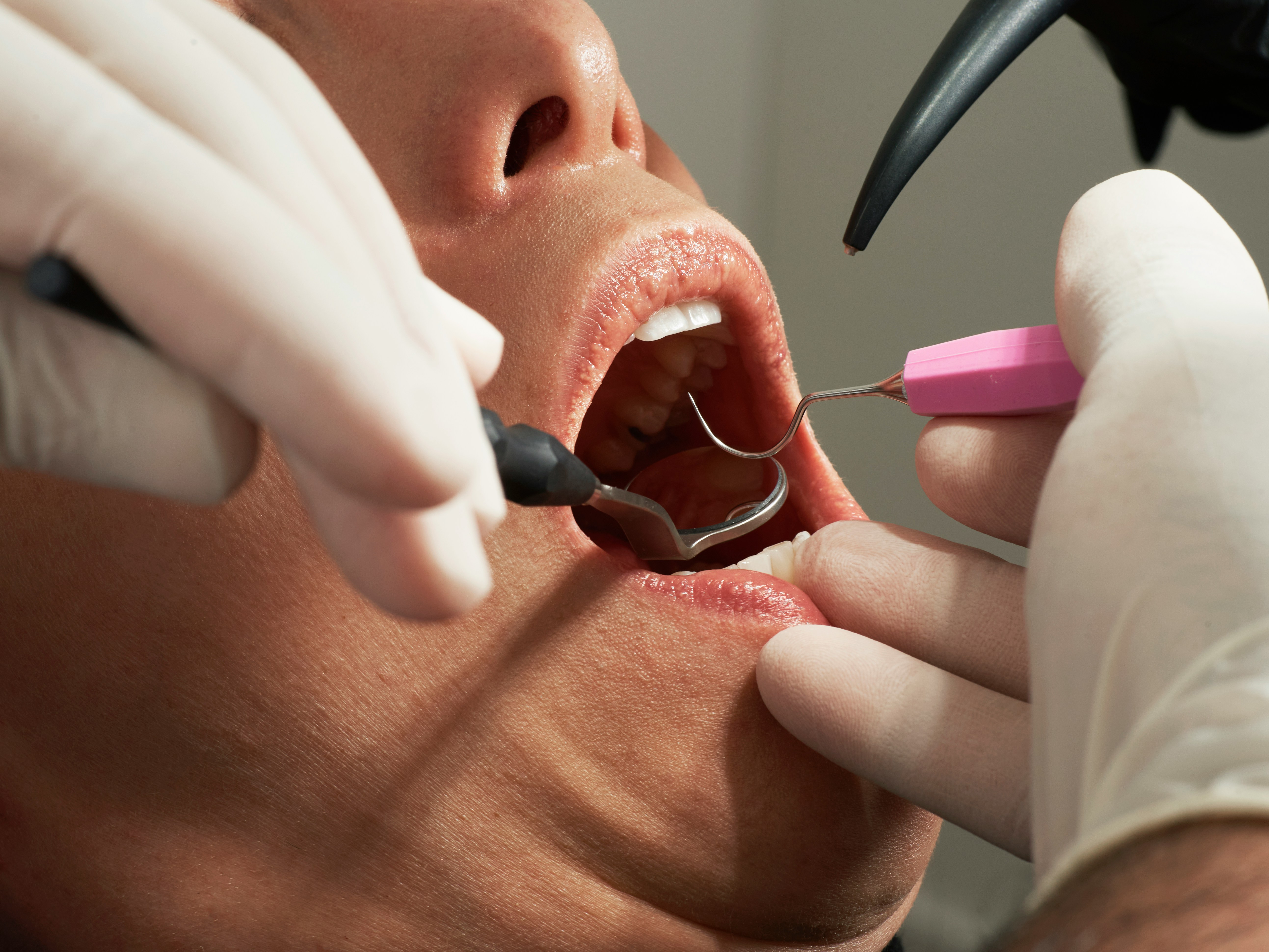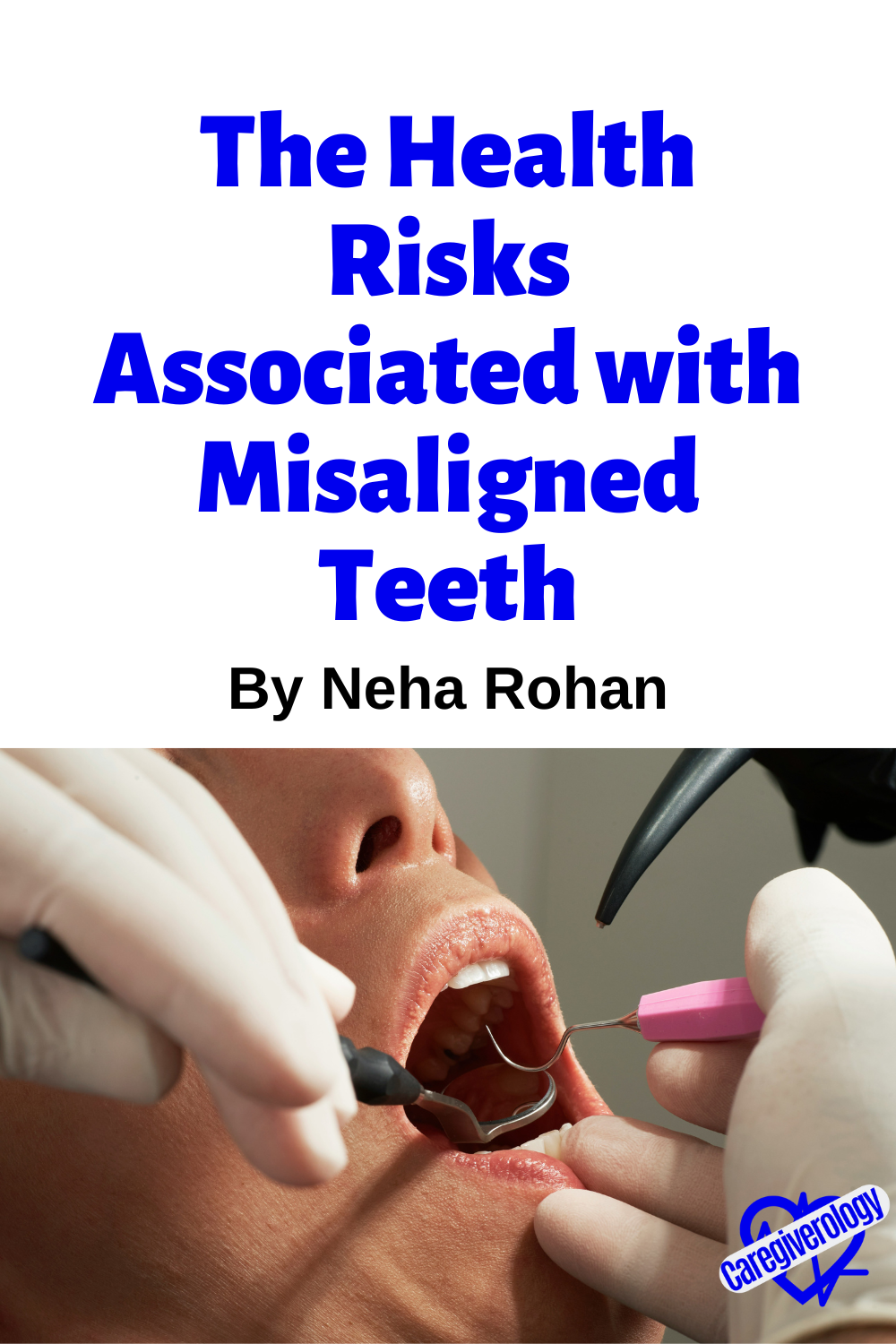The Health Risks Associated with Misaligned Teeth

In Tennessee, dental health is a significant concern that goes beyond mere aesthetics. According to state health reports, a considerable portion of Tennessee residents face oral health issues, with dental decay and gum diseases being notably prevalent. Misaligned teeth, or malocclusion, contribute heavily to these problems, compounding risks not only for oral health but for overall well-being. For those living in Goodlettsville or other areas of Tennessee, understanding the broader implications of misaligned teeth is crucial. This article delves into the health risks associated with misaligned teeth and underscores the importance of professional orthodontic intervention. By addressing these issues, Tennessee residents can improve both their oral health and their general quality of life, ensuring they are not just surviving but thriving in their daily activities.
1 2 3 4 5 6 7 8 9 10 Conclusion
1. Increased Risk of Tooth Decay and Gum Disease
Misaligned teeth create numerous nooks and crannies that can trap food particles and bacteria, making them harder to clean effectively. This can lead to an increased buildup of plaque, which is a sticky, colorless film of bacteria that harms oral health. If plaque is not removed, it can lead to tooth decay and gum disease. Gum disease, or periodontal disease, is particularly concerning as it can damage the gum and bone that hold teeth in place, leading to tooth loss if untreated.
2. Excessive Wear and Tear on Teeth
When teeth are not aligned properly, it alters the way they come together, or occlude. Incorrect occlusion can cause excessive wear on certain teeth, leading to issues such as the erosion of the enamel surface and development of chips or fractures. This not only compromises the strength and structure of the affected teeth but can also lead to costly dental repairs down the line. Professional orthodontics in Goodlettsville can assess and correct these issues, potentially saving one from severe dental complications in the future.
3. Jaw Pain and Temporomandibular Joint Disorders
Misaligned teeth can place abnormal stress on the jaw and muscles involved in chewing, which may lead to jaw pain or temporomandibular joint (TMJ) disorders. TMJ disorders encompass a range of conditions that affect the joint that connects your jawbone to your skull. Symptoms can include pain, stiffness, clicking sounds in the jaw, and limitations in jaw movement, which can significantly impact one's quality of life. Correcting the alignment of teeth often helps redistribute and minimize these forces, potentially alleviating associated symptoms.
4. Challenges in Chewing and Nutrition
Misaligned teeth can complicate the chewing process, making it difficult to break down food properly. This can lead to digestive difficulties and limit the range of foods one is comfortable eating, potentially impacting nutritional intake. For instance, someone might avoid crunchy or hard foods that require more chewing effort, which could mean missing out on essential nutrients. Effective orthodontic treatment can help improve bite alignment and functionality, thereby enhancing the ability to chew various foods properly and absorb more nutrients.
5. Speech Difficulties
Teeth play a critical role in speech. Misalignments can affect the way we pronounce certain sounds. This can lead to speech impediments such as lisps, which can affect one's confidence and social interactions. Correcting these dental issues through orthodontics can significantly improve speech clarity and contribute to greater self-esteem and personal comfort in social or professional situations.
6. Increased Susceptibility to Oral Injuries
Misaligned teeth are often more prone to injuries, especially in sports or physical activities. Protruding upper teeth are particularly at risk of trauma and can be easily fractured or knocked out upon impact. Properly aligning the teeth with orthodontic treatment reduces the risk of such injuries by ensuring that the teeth are better positioned within the mouth and less likely to suffer from severe impacts.
7. Sleep Apnea and Breathing Issues
Misalignment of teeth and an improper bite can contribute to obstructive sleep apnea, a condition characterized by repeated breathing interruptions during sleep. These interruptions are typically due to the blockage of the upper airway. Although not the sole cause, malocclusion can exacerbate this condition by affecting the positioning of the jaw and tongue when lying down. Addressing these alignment issues may help reduce symptoms and improve sleep quality.
8. Effects on Self-Esteem and Mental Health
The aesthetic implications of misaligned teeth can significantly affect one’s self-esteem and confidence. Many individuals with visibly misaligned teeth may feel self-conscious or less inclined to smile. Over time, this can lead to broader social withdrawal and even depression. Correcting teeth alignment can lead to improved self-perception and greater confidence, contributing positively to mental health and social interactions.
9. Chronic Headaches
Misaligned teeth can contribute to chronic headaches due to the strain placed on the muscles of the jaw and face. This strain can stimulate nerves within the jaw that link to the head, resulting in frequent tension headaches. By realigning the teeth and eliminating undue stress on the jaw muscles and joints, orthodontic treatment can help alleviate these headache episodes.
10. Financial Costs of Delayed Treatment
Ignoring misaligned teeth can lead to a range of complications that become more difficult and expensive to treat over time. Early intervention can prevent conditions from worsening, thereby minimizing the financial burden associated with extensive dental corrections later on. For those considering the long-term implications of dental health, investing in corrective orthodontic treatments early can result in significant cost savings.
Conclusion: Prioritizing Orthodontic Care for Healthier Futures
The health risks associated with misaligned teeth are diverse, affecting more than just oral health. They can impact physical, nutritional, psychological, and financial aspects of life. It’s clear that the benefits of addressing malocclusion extend beyond cosmetic improvements, offering significant health advantages and enhancing overall quality of life. In Goodlettsville and beyond, professional orthodontic care is not just an investment in a beautiful smile—it's a proactive step toward a healthier, more fulfilling future. If you or a family member are dealing with dental alignment issues, consulting with a professional orthodontist to explore your options is a wise and beneficial decision.
Thank you Neha Rohan for contributing this article.
Guest Articles Written for Caregiverology
From The Health Risks Associated with Misaligned Teeth to Home
Recent Articles
-
6 Unhealthy Habits That Can Cause Weight Gain - Caregiverology
May 06, 24 08:24 PM
Weight gain and obesity are prevalent issues that pose significant health risks, including diabetes, heart disease, and joint problems. -
Understanding the Importance of Medication Adherence - Caregiverology
May 06, 24 07:58 PM
Medication adherence is extremely important for managing health conditions effectively, yet it remains one of the most significant challenges in healthcare today. -
The Health Risks Associated with Misaligned Teeth
May 01, 24 07:15 PM
In Tennessee, dental health is a significant concern that goes beyond mere aesthetics. According to state health reports, a considerable portion of Tennessee residents face oral health issues, with de…




New! Comments
Have something to say about what you just read? Leave a comment in the box below.